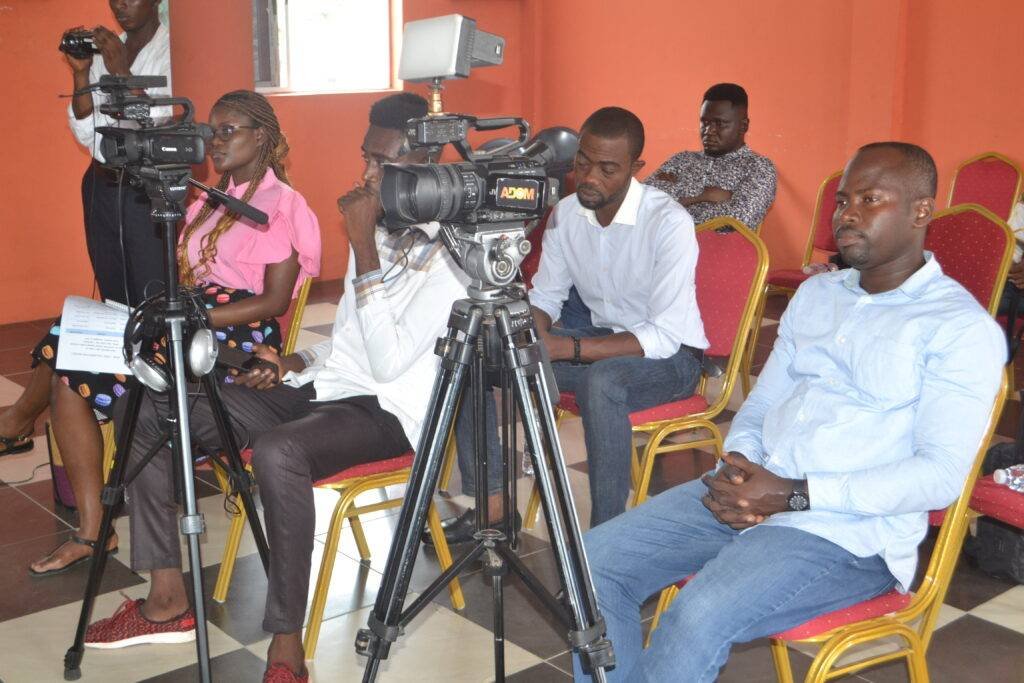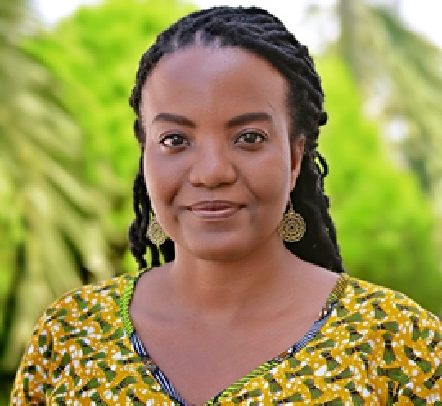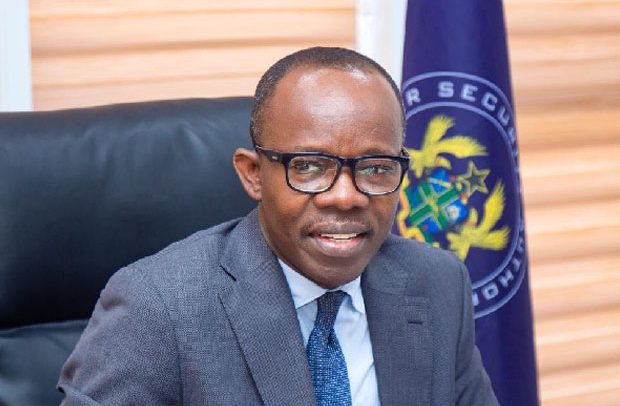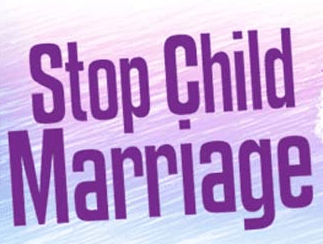
The rising cases of online gender-based violence, particularly against female politicians, have raised concerns among Ghanaians. More women are facing online abuse, including harassment, body shaming, and insulting comments on social media platforms.
A recent forum organized by the Media Foundation for West Africa (MFWA) brought stakeholders together to raise alarm about this growing issue and call for immediate action. An MFWA survey conducted over eight months revealed that women are disproportionately disadvantaged in accessing and using the internet.
The survey focused on female politicians, members of parliament, influencers, and female vice presidents, showing a disturbing trend of derogatory remarks, body shaming, and insults on monitored platforms.
Dora Boamah Mawutor, Programme Director of Freedom of Expression and Digital Rights at MFWA, emphasized that online gender-based violence harasses, intimidates, and maligns women, pushing them to silence. She called for sensitization, a policy specifically targeting online gender-based violence in the cyber security act, and punishment for perpetrators.
Mawutor explained, “The cybersecurity act has provisions about restriction of non-consensual images and videos, as well as distribution of child pornography. However, insults, abuse, and offensive comments, including body shaming, are not clearly stipulated in the act. We need to expand it or have a separate policy that specifically addresses online gender-based violence.”
Lance Corporal Gwendoline Abbey of the Ghana Police Service Cybercrime unit echoed the need for a collaborative effort to tackle online gender-based violence in Ghana. “Once a case is reported, an official complaint is taken, and investigations begin. Although the investigative procedure is lengthy, the public should exercise patience. The media should join us to tackle this issue together.”
Maud Ashong Elliot, President of the Internet Society Ghana Chapter, called for the enhancement of a legal framework. “As a country, we must have laws to govern these issues, which must be done collaboratively with lawyers, enforcement agencies, CSOs, government, academia, and chiefs. We must educate the youth that speaking against defaming people has legal implications, and punitive measures must be enforced.”
The Internet Society Ghana Chapter has taken it upon itself to educate stakeholders. “We need everyone on board to achieve balance,” Elliot added.
By Beatrice Sowah
The post Stakeholders call for end to online gender-based violence first appeared on 3News.
Read Full Story





















Facebook
Twitter
Pinterest
Instagram
Google+
YouTube
LinkedIn
RSS